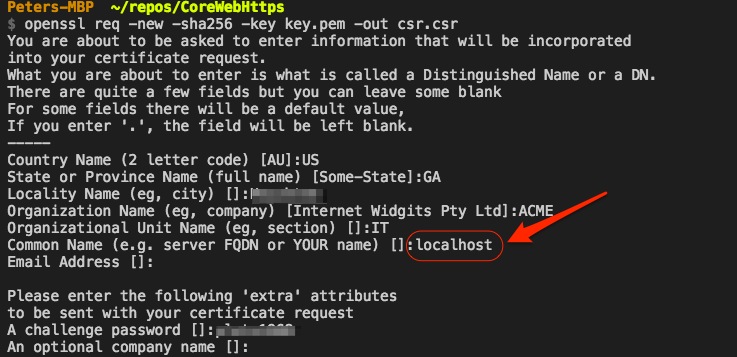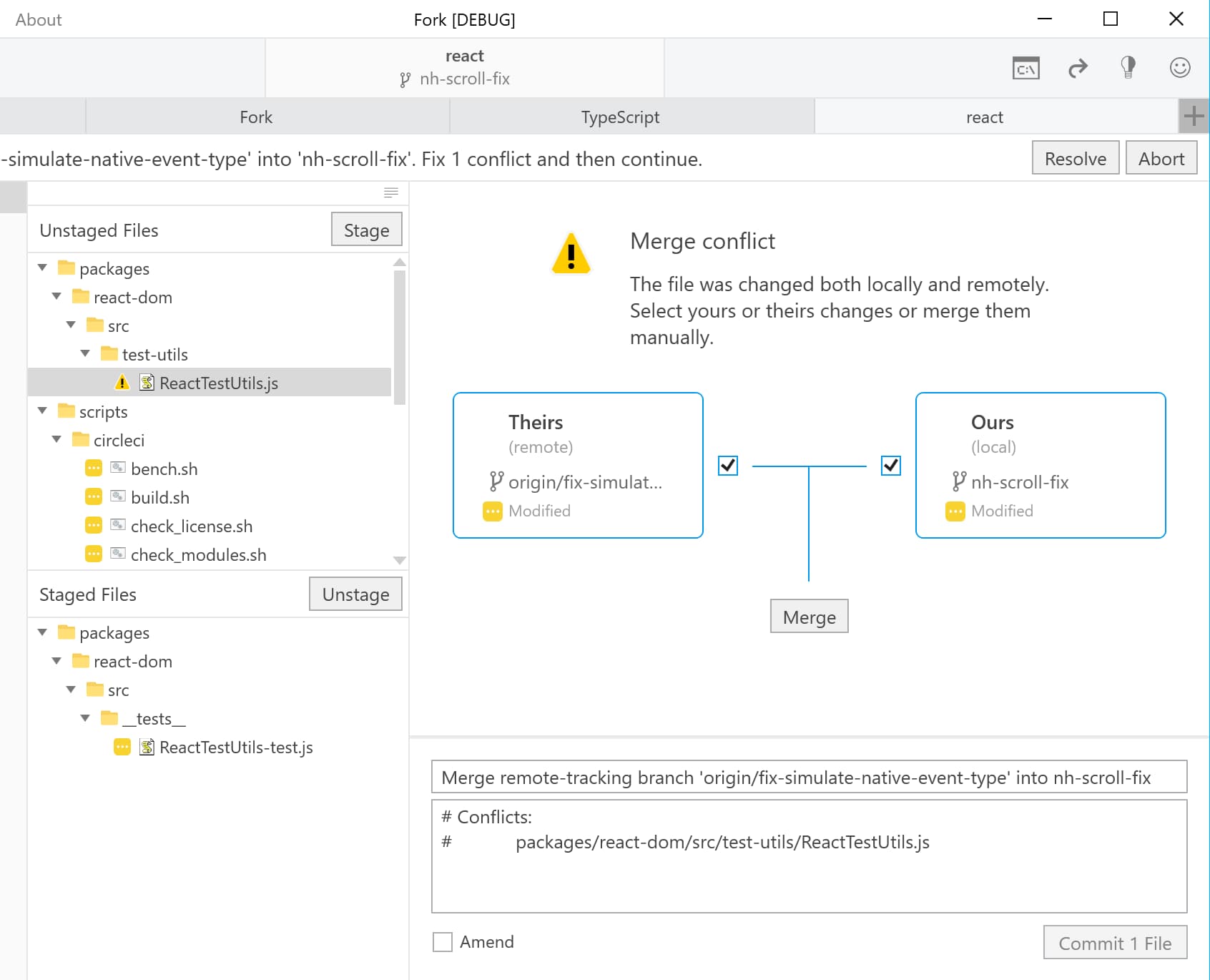

zprofile would look like this: export PATH=/opt/homebrew/bin:$PATH export PATH=/opt/homebrew/sbin:$PATHĬongrats, you can now brew! Most tools you install via Homebrew should now just work, although I have run into a few that install themselves in strange locations which means you will have to manually add them to your $PATH to get them to work.

If you need to see what OpenSSL release you are using, you can use the 'version' argument. For short, you must run the './config', 'make', 'make test', and 'make install' commands, and then type openssl in the Terminal. Brew landed in opt/homebrew/bin for me, so your. To install the OpenSSL toolkit and library on your Mac, you must open the Terminal application, go to the OpenSSL source folder, and follow the instructions from the INSTALL file included in the archive. If you have one, great! If not create it, and add the path to the Brew bin folder. zprofile (you will have to “show hidden files”) which you can do by pressing CMD + Shift +. Navigate to Users/your-name/ and look for. If you have not added anything to your path yet, you will have to create a. Installing Brew on your Mac is important because it helps you install other things! Start by running the command below (also found on the brew homepage) /bin/bash -c "$(curl -fsSL )"īrew is now installed! Great, but how do we use it? zsh: command not found: brew 20051 files and directories currently installed.) Selecting previously unselected package openssl. Get:1 focal-updates/main arm64 openssl arm64 1.1.1f-1ubuntu2.12 ĭebconf: delaying package configuration, since apt-utils is not installed Then again run the OpenSSL installer and follow the wizard. The Xcode tools are required by MacPorts.

Question also is if it's actually MacOS-specific, as it might be perl-version specific. For more information, see the MacPorts FAQ. The value being zero might mean two things: a) above messages should be disregarded as harmless warnings b) make install doesn't pay enough attention to failures. However, Homebrew does not have a package for OpenSSL 1.0. Note MacPorts and Homebrew can have problems when used to together on the same system. If your system doesn’t have Microsoft Visual C++ installed, the installer will show your message like: ADVERTISEMENT Click Yes to download and install required Microsoft Visual C++ package on your system. You can install OpenSSL via MacPorts if needed. If pkg-config is unavailable you can set INCLUDEDIR and. The OpenSSL required Microsoft Visual C++ to be installed on your system. The following NEW packages will be installed:Ġ upgraded, 1 newly installed, 0 to remove and 19 not upgraded.Īfter this operation, 1242 kB of additional disk space will be used. Try installing: deb: libssl- dev ( Debian, Ubuntu, etc ) rpm: openssl- devel ( Fedora, CentOS, RHEL ) csw: libssldev ( Solaris ) brew: openssl1.1 ( Mac OSX ) If openssl is already installed, check that 'pkg-config' is in your PATH and PKGCONFIGPATH contains a openssl.pc file. How to install OpenSSL: # sudo apt-get install openssl Zsh: command not found: openssl # opensslīash: openssl: command not found # openssl

If you want to install OpenSSL on Linux or Linux based distribution operating systems such as Ubuntu, you can do that using apt-get package tool,įirst in order to check if OpenSSL is already installed type the command, openssl in the Terminal on any prompt that you are on (Bash, Zsh, Sh, etc.), you will get an error command not found openssl # openssl


 0 kommentar(er)
0 kommentar(er)
